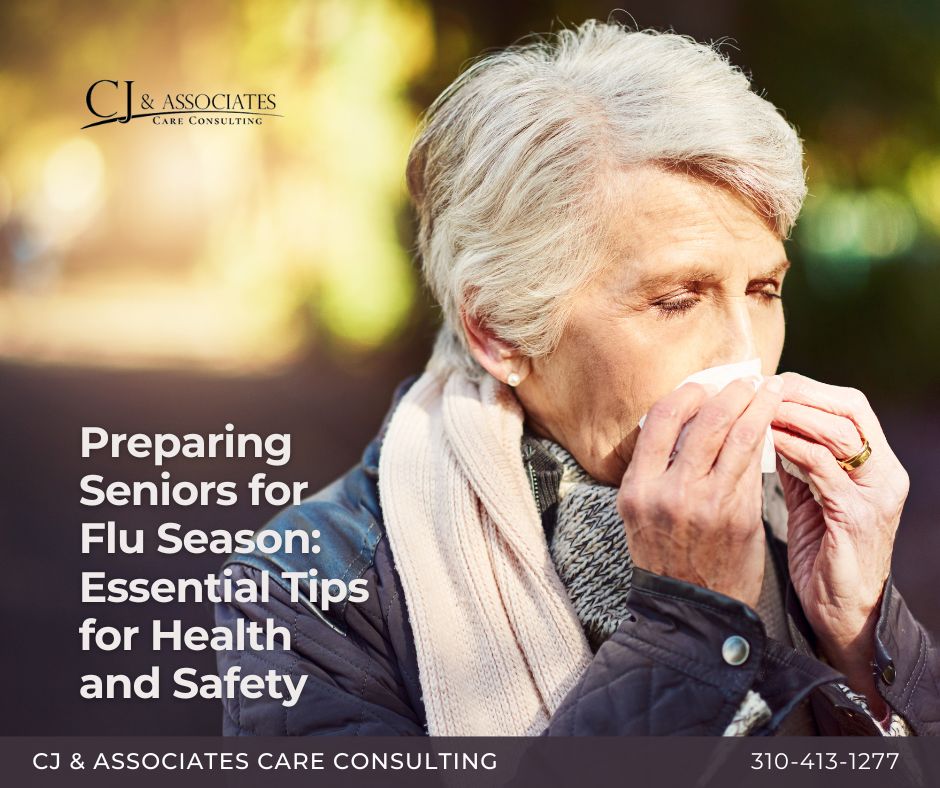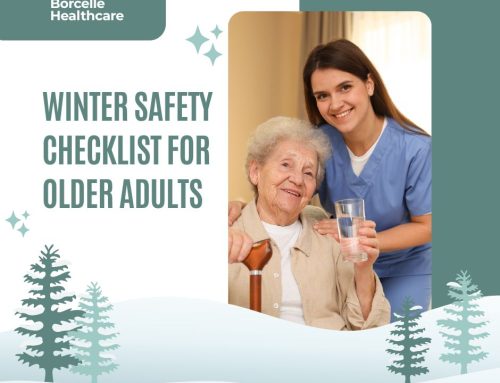Each year, flu season poses a serious risk to older adults, whose immune systems may not respond as effectively to infections. For seniors, the flu isn’t just inconvenient—it can lead to complications like pneumonia, hospitalization, or worsening of chronic conditions. The good news? With proactive planning and a few preventive steps, seniors can reduce their risk and stay healthy throughout the season.
This article explores essential strategies for flu prevention, including vaccines, hygiene habits, and ways to strengthen immunity—all tailored to the needs of older adults.
Why Seniors Are More Vulnerable
As the body ages, the immune system naturally weakens, making it harder to fight off viruses. Seniors—especially those with chronic conditions such as diabetes, heart disease, or respiratory illness—face a higher risk of severe flu-related complications. Recognizing these vulnerabilities underscores why prevention must be a top priority every fall and winter.
1. Stay Up to Date on Flu Vaccines 💉
The flu vaccine remains the most effective defense against seasonal influenza. Each year, health experts update the vaccine to match circulating strains, making annual vaccination essential.
Recommended options for older adults include:
- High-Dose Flu Vaccine: Contains a higher antigen level to boost immune response in adults aged 65 and older.
- Adjuvanted Flu Vaccine: Includes an added ingredient that helps generate a stronger immune response.
Seniors should speak with their healthcare provider to determine the best vaccine type. Ideally, vaccination should occur before the flu season peaks—typically in early fall.
2. Prioritize Hand Hygiene and Clean Environments 🧼
The flu virus spreads easily through respiratory droplets and contaminated surfaces. Encouraging good hygiene habits can significantly reduce transmission:
- Wash hands frequently with soap and warm water for at least 20 seconds.
- Use hand sanitizer when soap isn’t available.
- Avoid touching the face, especially eyes, nose, and mouth.
- Regularly disinfect high-touch surfaces like doorknobs, phones, and countertops.
In shared spaces—such as assisted living facilities—these small steps make a big difference.
3. Support a Strong Immune System 🥗
A resilient immune system is one of the best defenses against seasonal illness. Seniors can boost their immunity naturally through lifestyle choices such as:
- Nutritious diet: Focus on fruits, vegetables, lean proteins, and whole grains.
- Hydration: Drink plenty of water, herbal teas, or broths to stay hydrated.
- Sleep: Aim for 7–8 hours of restful sleep per night.
- Physical activity: Light exercise, such as walking or stretching, supports circulation and immune health.
- Stress management: Chronic stress can weaken immunity, so include relaxation practices like meditation or breathing exercises.
4. Know the Warning Signs of Flu Complications ⚠️
Seniors and caregivers should monitor for early flu symptoms and seek medical attention if symptoms worsen. Warning signs of complications can include:
- Difficulty breathing or shortness of breath
- Persistent chest pain or pressure
- High fever that won’t subside
- Sudden dizziness or confusion
- Worsening of existing chronic conditions
Prompt medical care can prevent mild cases from becoming life-threatening.
5. Encourage Preventive Habits Among Caregivers and Family Members 🤝
Flu prevention doesn’t stop with seniors—caregivers, family members, and healthcare providers should also get vaccinated and practice proper hygiene. Limiting exposure is one of the most effective ways to protect vulnerable older adults.
Keeping Seniors Safe and Healthy This Flu Season
With the right preventive steps—vaccination, good hygiene, and a healthy lifestyle—seniors can enjoy a safer, healthier flu season. Proactive care and open communication between families, caregivers, and healthcare providers are the keys to preventing illness and ensuring older adults maintain their well-being through the colder months.






